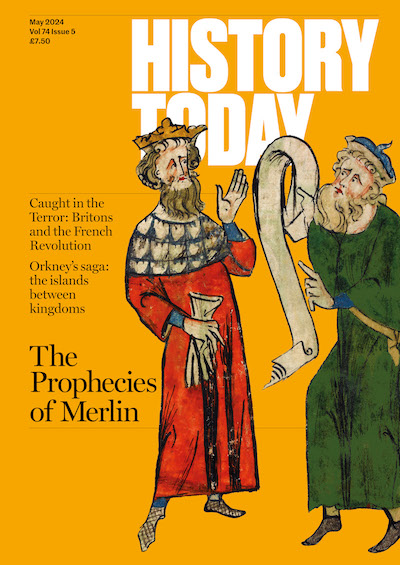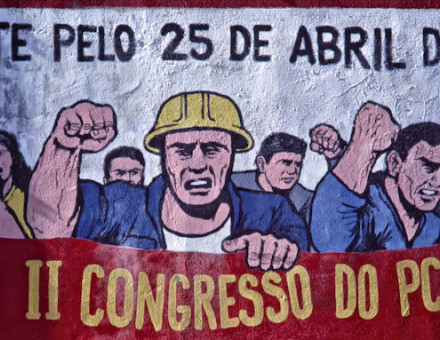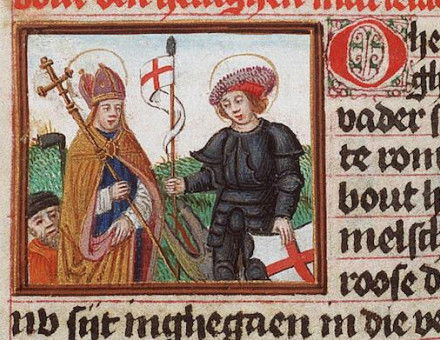My Aunt Esther
Stephen Bourne tells how a Blitz adoption led to his passion for rediscovering Black history in Britain.
As a child in the 1960s I grew up in a racially-mixed community on a council estate in Peckham. On the other side of London lived Aunt Esther, a black woman born here before the First World War. When I was a kid, young black and white children played together on the estate and in the school playground.
At the age of five my best friend at school was Eric whose parents had come here from Jamaica. Though children like Eric were subjected to name-calling from some white children, I didn't join in. A few years later the full impact of racism hit me when Enoch Powell and his fictional disciple Alf Garnett (from BBC television's Till Death Us Do Part) surfaced. In post-war Britain, African and Caribbean settlers were widely looked upon as a threat to the livelihoods and homes of white Britons.
In 1968 Powell made his racist ‘Rivers of Blood' speech. Consequently, where I lived, some white mums and dads considered Powell a hero and agreed that the new arrivals should be ‘sent back to their own countries'. A few white boys on our estate shaved their heads, called themselves ‘skinheads', and joined the National Front.





